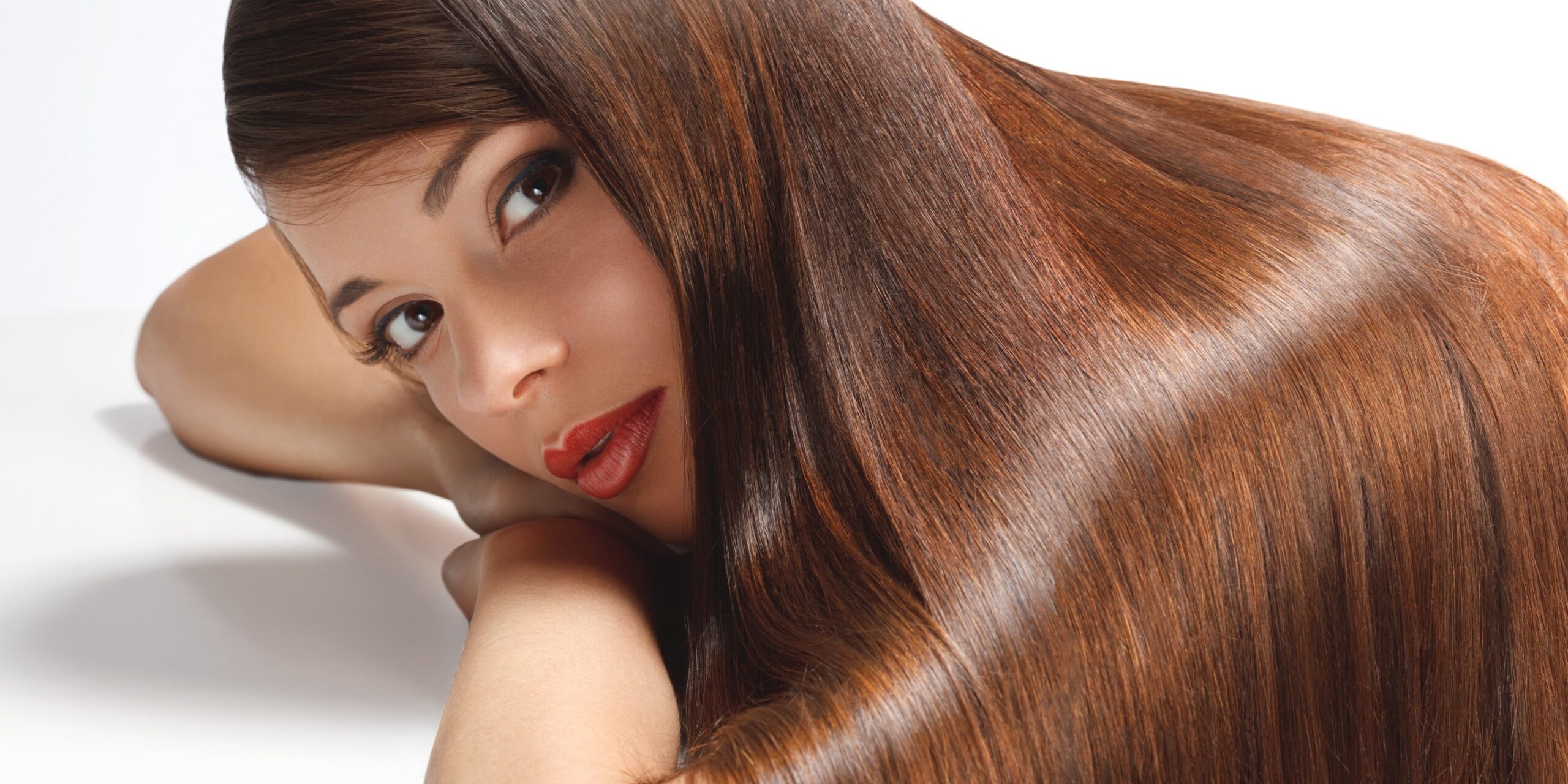Hair serums have become an essential part of hair care routines for both women and men. They offer numerous benefits, including promoting hair growth, adding shine, and protecting hair from damage. In this guide, we’ll explore the best hair growth serums for women and men, how to use and apply them, and whether hair serum is good for your hair.
Hair serums are silicone-based products designed to coat the surface of your hair, providing a protective layer that enhances shine and smoothness while reducing frizz. They are especially beneficial for people with dry, damaged, or frizzy hair. Moreover, specialized hair growth serums can help stimulate hair growth and improve hair health.
What is Hair Serum?
Understanding Hair Serum
Hair serum is a liquid-based treatment that delivers moisture and protection to your hair. It typically contains silicones, amino acids, and ceramides that help seal the hair cuticle, making hair smoother and shinier. Hair serums are suitable for all hair types and can be tailored to address specific hair concerns, such as frizz, dryness, and damage.
Best Hair Growth Serums for Women and Men
Top Hair Growth Serums
When it comes to hair growth, certain serums have proven to be more effective due to their unique ingredients and formulations. Here are some of the best hair growth serums for women and men:
1. Viviscal Gorgeous Growth Densifying Elixir: Known for its nourishing properties, this serum promotes thicker and fuller hair.
2. Kerastase Initialiste Advanced Scalp and Hair Serum: This serum is designed to strengthen and rejuvenate hair from the roots, promoting healthier growth.
3. Pura D’Or Hair Thinning Therapy Energizing Scalp Serum: With a blend of natural ingredients, this serum helps to reduce hair thinning and stimulate growth.
4. Briogeo Blossom & Bloom Ginseng + Biotin Volumizing Spray: This volumizing spray not only adds volume but also supports hair growth with biotin and ginseng.
How to Use Hair Serum
Steps to Apply Hair Serum
Knowing how to use hair serum correctly can make a significant difference in the health and appearance of your hair. Follow these steps for optimal results:
1. Start with clean hair: Wash your hair with a gentle shampoo and conditioner to remove any dirt and buildup.
2. Towel dry your hair: Gently pat your hair dry with a towel, leaving it slightly damp.
3. Apply a small amount of serum: Dispense a few drops of hair serum into your palm. The amount you need depends on your hair length and thickness.
4. Distribute evenly: Rub your hands together and apply the serum evenly through the mid-lengths and ends of your hair. Avoid applying it directly to your scalp to prevent greasiness.
5. Style as usual: You can either let your hair air dry or style it with heat tools.
How to Apply Hair Serum for Different Hair Types
– For curly hair: Use a heavier serum to help define curls and reduce frizz.
– For straight hair: Opt for a lightweight serum to add shine without weighing your hair down.
– For fine hair: Use a volumizing serum to add body and thickness.
Is Hair Serum Good for Hair?
Benefits of Hair Serum
Hair serum offers numerous benefits that can enhance the health and appearance of your hair. Here are some reasons why hair serum is good for your hair:
– Reduces frizz: Hair serum helps to tame frizzy hair by smoothing the hair cuticle and locking in moisture.
– Adds shine: The silicones in hair serum reflect light, giving your hair a glossy, shiny appearance.
– Protects from damage: Hair serum forms a protective barrier against environmental damage and heat styling tools.
– Improves manageability: Using hair serum makes your hair easier to detangle and style.
Conclusion
In a nutshell, hair serum is a versatile and beneficial addition to your hair care routine. Whether you’re looking to promote hair growth, add shine, or protect your hair from damage, there is a hair serum suited to your needs. By following the correct application techniques and choosing the right product for your hair type, you can enjoy healthier, more manageable hair.
Also Read:- NUT PROTEIN POWDER VS. WHEY: WHICH IS RIGHT FOR YOU?




create wise account create wise account
guide to creating a Binance account Step-by-step : https://www.binance.com/en/support/faq/how-to-register-on-the-binance-website-08f314ad219e45fc9b7a27b67801a5c4?ref=775587485
Accelerate Your Bitcoin Transactions Secure, Fast, and Guaranteed! : https://www.btcaccelerator.io
How to Register an Account on Binance: A Step-by-Step Guide : https://www.binance.com/en/square/post/15710503553490?ref=775587485
How to Register an Account on Binance https://www.binance.com/en/square/post/15710503553490?ref=775587485
Create binance account : https://www.binance.com/en/square/post/15710503553490?ref=775587485
How to Register an Account on Binance in India
How to Register an Account on Binance in the United States
How to Register an Account on Binance in Canada
How to Register an Account on Binance in Australia
How to Register an Account on Binance in the United Kingdom
How to Register an Account on Binance in Singapore
How to Register an Account on Binance in South Africa
How to Register an Account on Binance in Germany
How to Register an Account on Binance in France
How to Register an Account on Binance in Spain
How to Register an Account on Binance in Brazil
How to Register an Account on Binance in Italy
How to Register an Account on Binance in the Netherlands
How to Register an Account on Binance in the UAE
How to Register an Account on Binance in Japan
How to Register an Account on Binance in South Korea
How to Register an Account on Binance in Portugal
How to Register an Account on Binance in Russia
How to Register an Account on Binance in China
How to Register an Account on Binance in Turkey
How to Register an Account on Binance in Thailand
How to Register an Account on Binance in Vietnam
create binance Wealth Management Create Binance Wealth
guide to creating a Binance account Step-by-step : https://www.binance.com/en/square/post/15710503553490
btc tx accelerator : https://www.btcaccelerator.io/api bitcoin tx accelerator